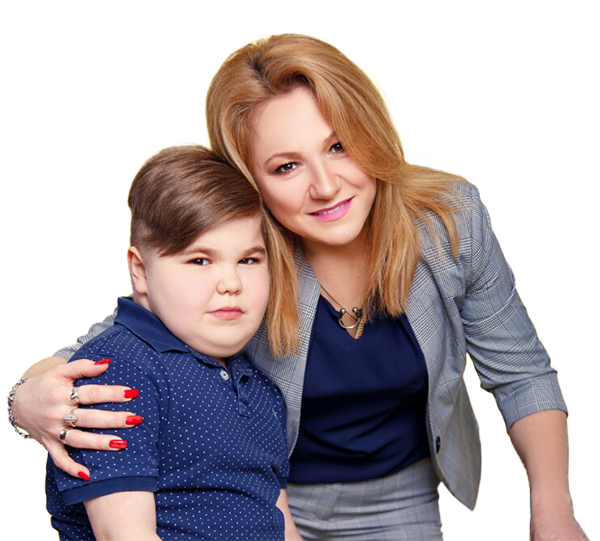SOUTH PLAINFIELD, N.J., Nov. 19, 2014 /PRNewswire/ -- PTC Therapeutics, Inc. (NASDAQ: PTCT) announced today that its joint development program in Spinal Muscular Atrophy (SMA) with Roche and the SMA Foundation (SMAF) has started a Phase 1b/2a study in adult and pediatric patients. The placebo-controlled, randomized, multiple-dose study will enroll approximately 48 patients with SMA and investigate the safety and tolerability of an investigational survival of motor neuron 2 (SMN2) gene splicing modifier (RG7800) over 12 weeks. The achievement of this milestone triggers a $10 million payment to PTC from Roche.
"We are excited to initiate the next phase of this program and begin a trial in SMA patients with our partners," stated Stuart Peltz, Ph.D., Chief Executive Officer of PTC Therapeutics. "We believe that the encouraging clinical results and preclinical data from relevant disease models are promising indications that the orally administered small molecule RG7800 has the potential to modify the splicing of the SMN2 gene and generate more full-length SMN mRNA in SMA patients. The advancement of this potential new treatment, which could represent the first orally available SMN2 splicing modifier for SMA, is a significant milestone for patients and their families."
As previously reported, the Phase 1 single-ascending dose study in healthy volunteers demonstrated that all doses studied were safe, well tolerated and demonstrated a dose-dependent effect on SMN2 splicing as shown by a change in the ratio of full-length SMN2 mRNA to SMN2 mRNA without exon 7 (SMND7), which is interpreted as proof of mechanism in terms of the expected pharmacodynamic effect.
SMA is caused by a missing or defective SMN1 gene, which results in reduced levels of SMN protein. This genetic neuromuscular disease is responsible for the loss of motor neurons within the spinal cord leading to muscle atrophy and death at infant age in its most severe form. We believe the oral small molecule RG7800 may have the potential to target the underlying cause of the disorder by increasing SMN protein levels in the nervous system, muscles, and other tissues. It is estimated that one in 10,000 children in the United States are born with this rare disorder.
The SMA program was initially developed by PTC Therapeutics in partnership with the SMA Foundation. The SMA Foundation was established in 2003 to accelerate the development of a treatment for SMA. In November 2011, Roche gained an exclusive worldwide license to the PTC/ SMAF SMA program. The development of RG7800 is being led by Roche and overseen by a joint steering committee with members from Roche, PTC and the SMA Foundation.
About PTC Therapeutics, Inc.
PTC is a biopharmaceutical company focused on the discovery and development of orally administered, proprietary small molecule drugs that target post-transcriptional control processes. Post-transcriptional control processes regulate the rate and timing of protein production and are essential to proper cellular function. PTC's internally discovered pipeline addresses multiple therapeutic areas, including rare disorders, oncology and infectious diseases. PTC has developed proprietary technologies that it applies in its drug discovery activities and in collaborations with leading biopharmaceutical companies. For more information on the company, please visit our website www.ptcbio.com.
Forward Looking Statements:
This press release contains forward-looking statements within the meaning of The Private Securities Litigation Reform Act of 1995. All statements, other than those of historical fact, contained in this release, including statements regarding the future expectations, plans and prospects for PTC, our collaboration in SMA with Roche and the SMA Foundation, including the Phase 1b/2a study and anticipated milestone payments, and our expectations with respect to RG7800, are forward-looking statements. Other forward-looking statements may be identified by the words "plan," "guidance," "anticipate," "believe," "estimate," "expect," "intend," "may," "predict," "project," "target," "potential," "will," "would," "could," "should," "continue," and similar expressions. Our actual results, performance or achievements could differ materially from those expressed or implied by
forward-looking statements we make as a result of a variety of risks and uncertainties, including those related to the initiation and conduct of clinical trials, availability of data from clinical trials, expectations for regulatory approvals, our scientific approach and general development progress, and the factors discussed in the "Risk Factors" section of our most recent Quarterly Report on Form 10-Q as well as any updates to these risk factors filed from time to time in PTC's other filings with the Securities and Exchange Commission. You are urged to carefully consider all such factors. The forward-looking statements included in this press release represent PTC's views only as of the date of this press release and we do not undertake or plan to update or revise any such forward-looking statements to reflect actual results or changes in plans, prospects, assumptions,
estimates or projections, or other circumstances occurring after the date of this release except as required by law.
SOURCE PTC Therapeutics, Inc.
